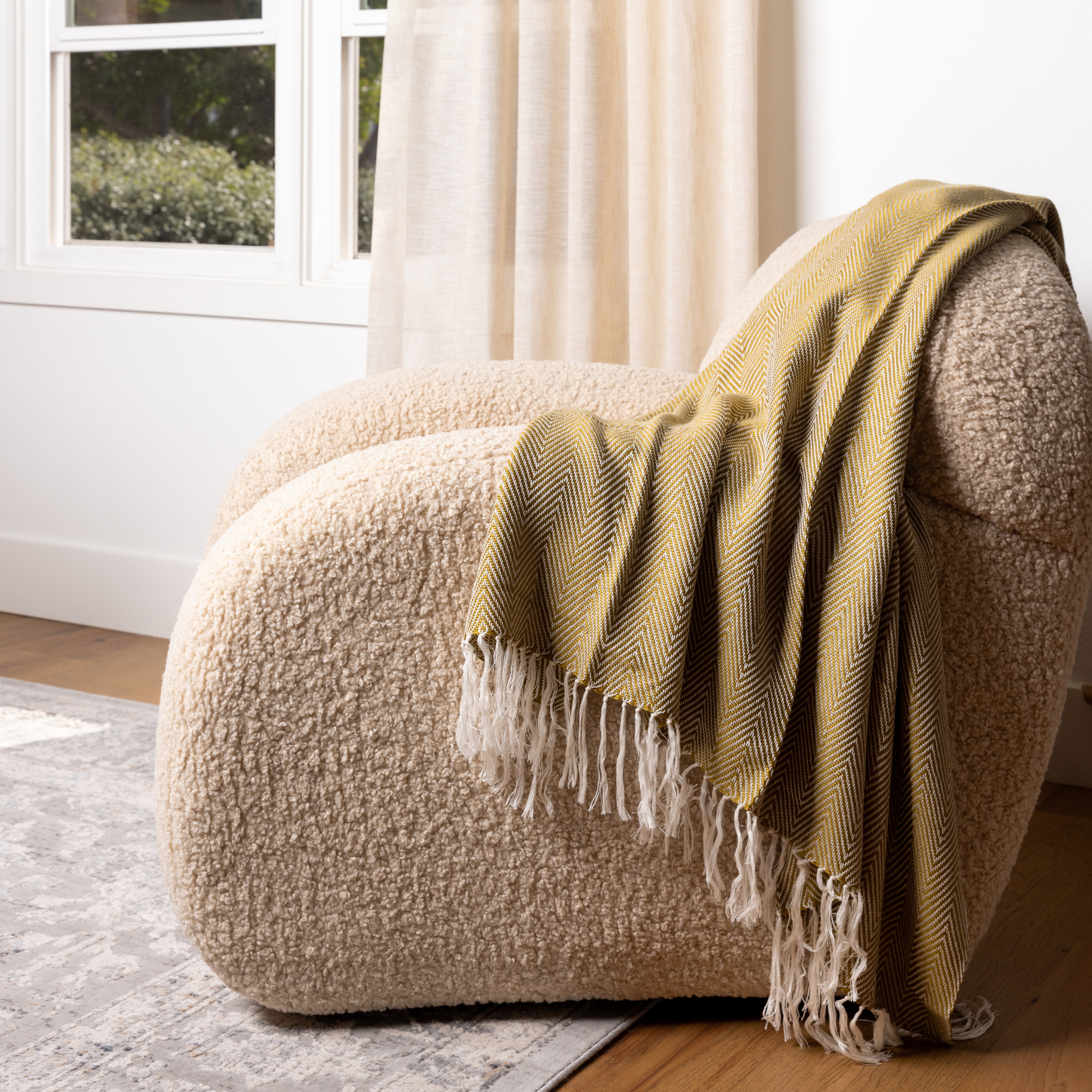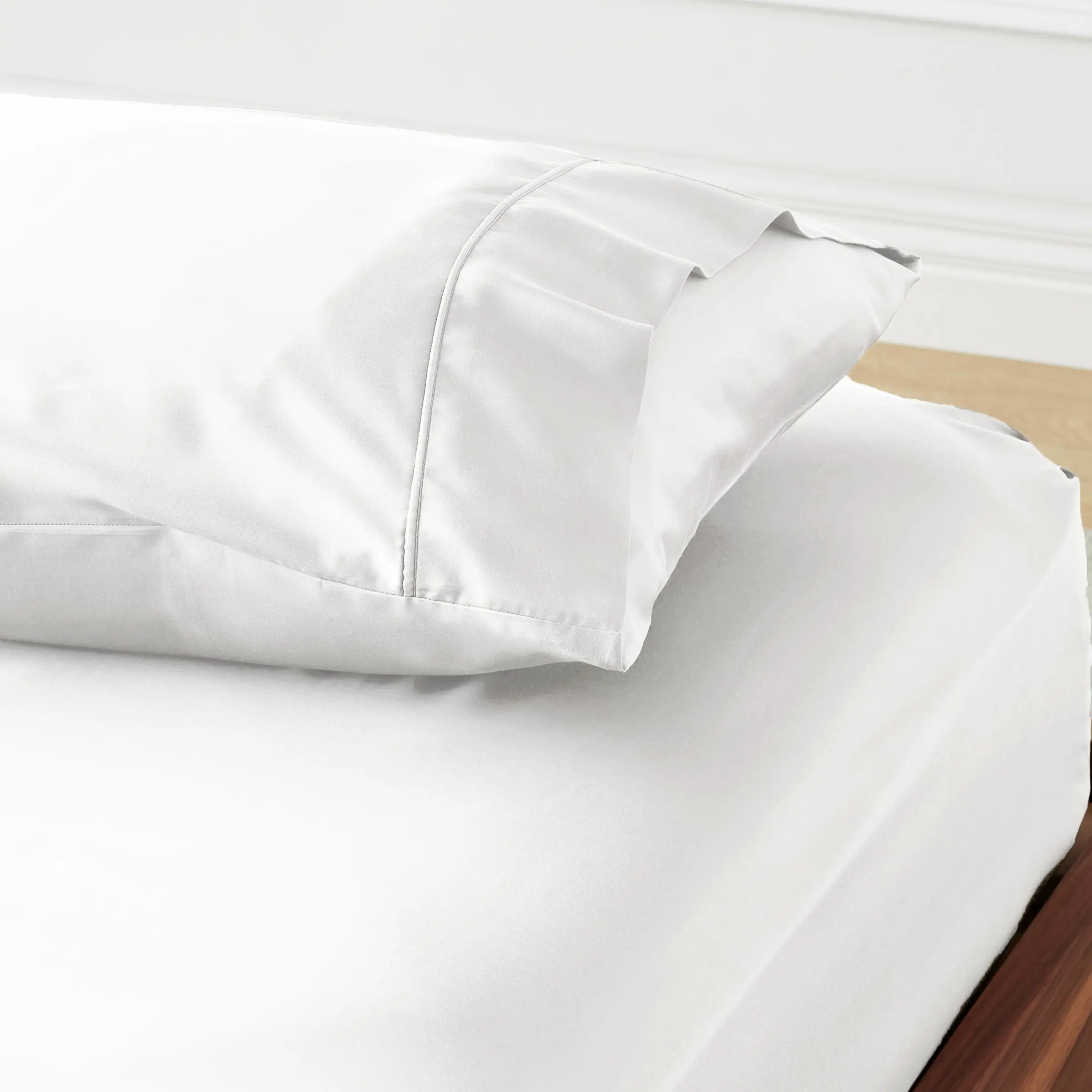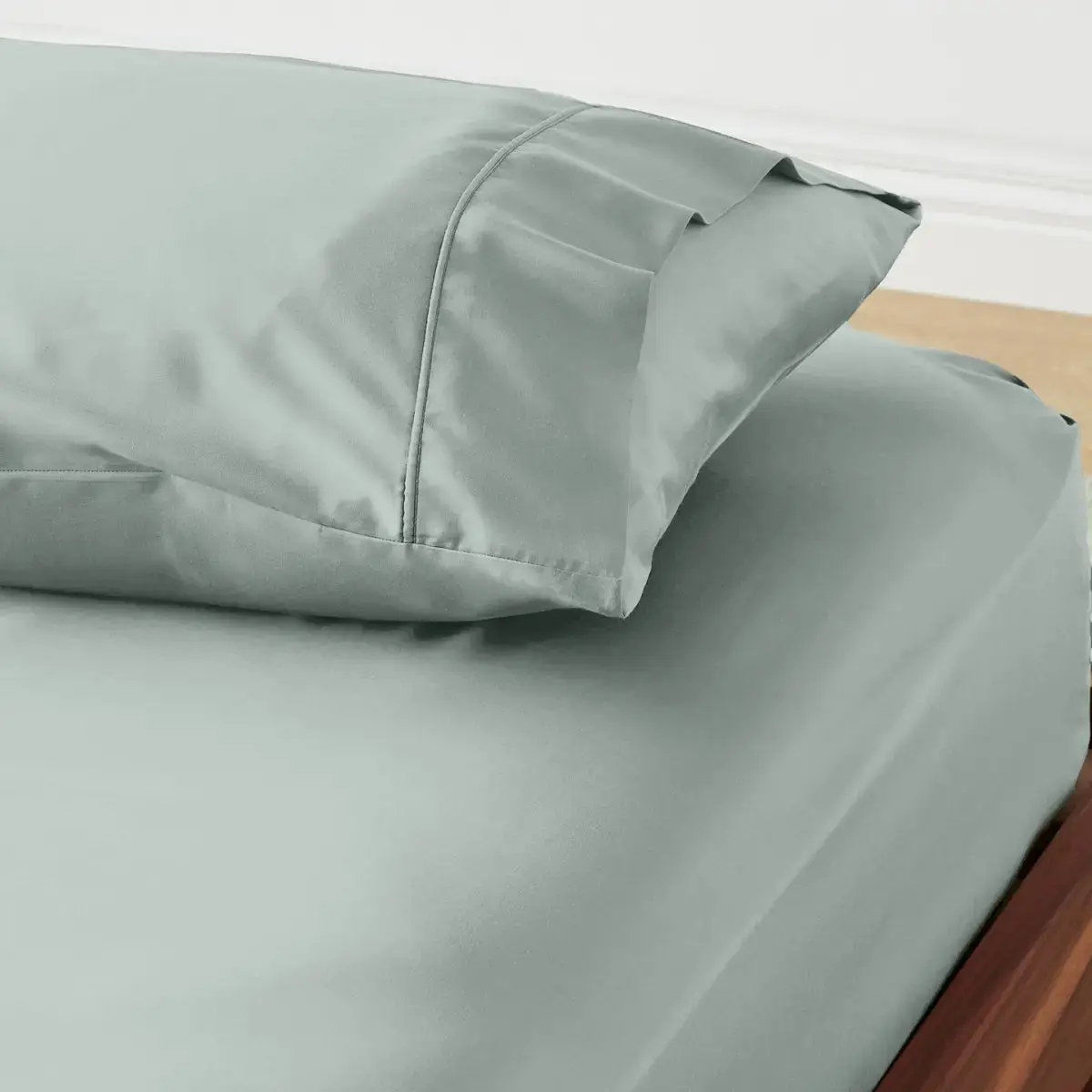Understanding Lupus and its impact on sleep quality
Lupus is an autoimmune disorder that can have a profound impact on an individual's overall health and well-being. As someone living with this chronic condition, I understand firsthand the challenges it presents, especially when it comes to maintaining a healthy sleep routine. Lupus can cause a range of symptoms, including joint pain, fatigue, and sensitivity to temperature changes, all of which can significantly disrupt sleep patterns.
One of the primary ways lupus affects sleep quality is through the body's inflammatory response. The immune system's overactive reaction to perceived threats can lead to increased body temperature, muscle aches, and joint discomfort, making it difficult to fall and stay asleep. Additionally, the unpredictable nature of lupus flare-ups can add to the stress and anxiety that often accompanies this condition, further exacerbating sleep issues.
The importance of sleep for Lupus patients
Adequate, quality sleep is essential for individuals living with lupus. During sleep, the body undergoes important restorative processes, allowing the immune system to recharge and the body to recover from the day's physical and emotional demands. When sleep is disrupted or insufficient, it can have far-reaching consequences for lupus patients, including:
-
Increased inflammation and disease activity
-
Heightened fatigue and decreased energy levels
-
Impaired cognitive function and difficulty concentrating
-
Weakened immune system, leading to a greater risk of infections
-
Worsening of mental health conditions, such as depression and anxiety
Recognizing the critical role of sleep in managing lupus symptoms and overall well-being, it becomes imperative to explore effective strategies to enhance sleep quality for this patient population.
Common sleep issues faced by Lupus patients
Lupus patients often struggle with a variety of sleep-related challenges, including:
-
Difficulty falling asleep: The pain, discomfort, and temperature sensitivity associated with lupus can make it challenging to achieve a restful state and drift off to sleep.
-
Frequent waking and disrupted sleep: Lupus flare-ups, joint stiffness, and the need to use the restroom during the night can lead to fragmented sleep patterns.
-
Daytime fatigue and sleepiness: Despite spending time in bed, lupus patients may still experience overwhelming daytime fatigue due to the poor quality of their nighttime sleep.
-
Insomnia: The chronic nature of lupus and the unpredictability of its symptoms can contribute to the development of persistent insomnia, further exacerbating sleep problems.
These sleep disturbances can have a significant impact on the overall quality of life for individuals living with lupus, highlighting the importance of finding effective solutions to address these challenges.
Introducing cooling bed sheets as a solution for better sleep
One promising approach to enhancing sleep quality for lupus patients is the use of cooling bed sheets. These specialized sheets are designed to regulate body temperature, providing a comfortable and soothing sleeping environment that can help alleviate some of the common sleep issues faced by those with lupus.
How cooling bed sheets work to regulate body temperature
Cooling bed sheets typically incorporate innovative materials and technologies that actively work to dissipate heat and maintain a consistent, comfortable temperature throughout the night. Some key features of these sheets include:
-
Breathable and moisture-wicking fabrics: The sheets are often made from materials like bamboo, cotton, or synthetic blends that are highly breathable and can efficiently wick away moisture, preventing the buildup of heat and sweat.
-
Cooling gel or phase-change materials: These materials are infused into the fabric or incorporated into the sheet's construction, allowing them to absorb and dissipate excess body heat, keeping the sleeping surface cool and comfortable.
-
Airflow and ventilation: Cooling bed sheets often feature specialized designs or construction techniques that promote increased airflow and ventilation, further enhancing the cooling effect.
By actively regulating body temperature, cooling bed sheets can help lupus patients achieve a more restful and uninterrupted sleep, addressing one of the primary challenges associated with this condition.
Benefits of using cooling bed sheets for Lupus patients
Incorporating cooling bed sheets into the sleep routine of lupus patients can offer a range of benefits, including:
-
Improved sleep quality: The temperature-regulating properties of cooling sheets can help lupus patients fall asleep more easily, stay asleep longer, and experience more restorative sleep overall.
-
Reduced inflammation and pain: By maintaining a comfortable sleeping environment, cooling sheets can alleviate the joint pain, muscle aches, and temperature sensitivity that often disrupt sleep for those with lupus.
-
Enhanced daytime energy and cognitive function: With improved sleep quality, lupus patients may experience reduced fatigue, improved concentration, and better overall mental and physical well-being during the day.
-
Potential reduction in disease activity: Some studies suggest that better sleep quality may contribute to a decrease in lupus flare-ups and a more stable disease course.
-
Improved mental health: Addressing sleep issues can have a positive impact on the mental health of lupus patients, potentially reducing symptoms of depression, anxiety, and stress.
Factors to consider when choosing cooling bed sheets
When selecting cooling bed sheets for lupus patients, it's important to consider the following factors:
-
Fabric composition: Look for sheets made from breathable, moisture-wicking materials like bamboo, cotton, or high-quality synthetic blends.
-
Cooling technology: Assess the type of cooling technology used, such as gel-infused or phase-change materials, and choose the one that best suits your needs.
-
Cooling performance: Consider the sheet's ability to effectively dissipate heat and maintain a comfortable sleeping temperature throughout the night.
-
Durability and ease of care: Opt for sheets that are durable, easy to clean, and maintain their cooling properties over time.
-
Personal preferences: Take into account factors like thread count, softness, and overall aesthetic to ensure the sheets align with your individual comfort and style preferences.
Tips for enhancing sleep quality with cooling bed sheets
To maximize the benefits of cooling bed sheets for lupus patients, consider the following tips:
-
Establish a consistent sleep routine: Maintain a regular bedtime and wake-up schedule to help your body adapt to the cooling sheets and improve overall sleep quality.
-
Create a sleep-friendly environment: In addition to the cooling sheets, ensure your bedroom is dark, quiet, and at a comfortable temperature to further support restful sleep.
-
Manage stress and anxiety: Engage in relaxation techniques, such as meditation, deep breathing, or gentle stretching, to help alleviate the stress and anxiety that can interfere with sleep.
-
Monitor your sleep and adjust as needed: Pay attention to how your body responds to the cooling sheets and make adjustments to the temperature, fabric, or other sleep-related factors as necessary.
-
Incorporate other sleep-promoting strategies: Combine the use of cooling bed sheets with other sleep-enhancing practices, such as avoiding caffeine and screen time before bed, engaging in regular exercise, and managing lupus symptoms effectively.
Other sleep aids and lifestyle changes for better sleep with Lupus
While cooling bed sheets can be an effective solution for improving sleep quality in lupus patients, it's important to consider a comprehensive approach that incorporates other sleep aids and lifestyle changes. Some additional strategies that may be beneficial include:
-
Medication management: Consulting with your healthcare provider to ensure proper management of any medications that may be impacting your sleep.
-
Cognitive-behavioral therapy (CBT): Working with a mental health professional to address any underlying psychological factors contributing to sleep difficulties.
-
Relaxation techniques: Practicing mindfulness, meditation, or deep breathing exercises to promote better sleep.
-
Dietary changes: Adjusting your diet to include sleep-promoting nutrients and avoiding substances that may disrupt sleep.
-
Exercise and physical activity: Engaging in regular, low-impact exercise to help manage lupus symptoms and promote better sleep.
By incorporating a multifaceted approach that includes cooling bed sheets, along with other sleep-enhancing strategies, lupus patients can work towards achieving the quality sleep that is so crucial for their overall health and well-being.
Conclusion: The potential of cooling bed sheets in improving sleep quality for Lupus patients
In conclusion, the use of cooling bed sheets presents a promising solution for enhancing sleep quality in individuals living with lupus. By effectively regulating body temperature and providing a comfortable sleeping environment, these specialized sheets can help alleviate the common sleep issues faced by lupus patients, leading to improved overall health, reduced disease activity, and better quality of life.
As someone who has personally experienced the challenges of living with lupus, I can attest to the importance of finding effective strategies to manage this condition, with sleep quality being a critical component. By incorporating cooling bed sheets into my sleep routine, I have noticed a significant improvement in my ability to fall asleep, stay asleep, and wake up feeling more rested and energized.
If you or a loved one are living with lupus and struggling with sleep-related challenges, I encourage you to explore the potential of cooling bed sheets as a solution. Visit our website to learn more about our top-rated cooling sheet options and how they can help you achieve the restful sleep you deserve. Take the first step towards better sleep and improved quality of life today.






























































































